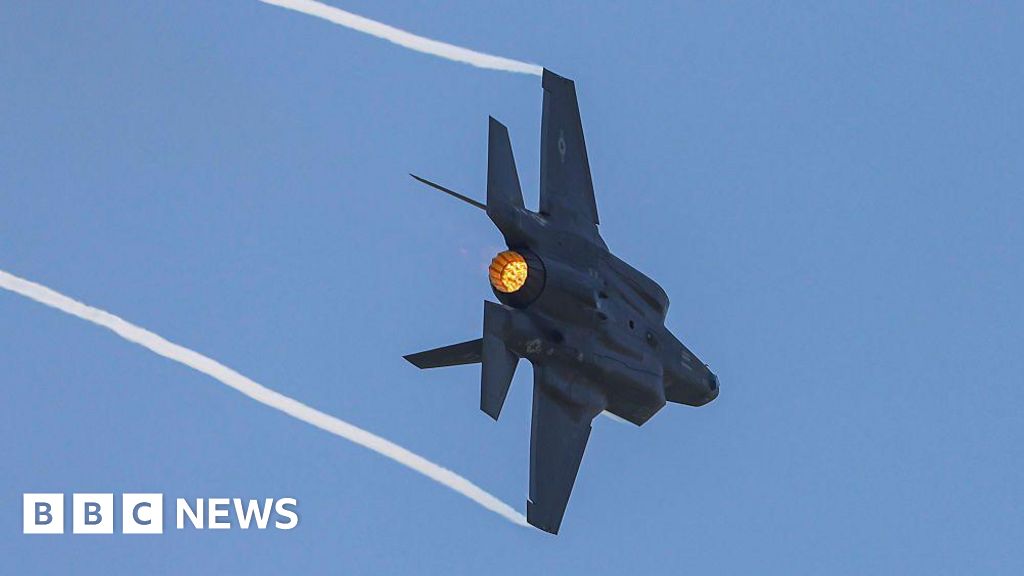The UK High Court has ruled that the export of British-made parts for the F-35 fighter jets to Israel is lawful, dismissing a case brought by campaigners who sought to halt these transfers. The court’s decision underscores the complex interplay between international defense collaborations and ethical considerations in conflict zones.
Central to the court’s decision is the UK’s involvement in a global supply chain for the F-35 jets, which allows Israel access to these components. The government defended its position, arguing that withdrawing from the defense program could jeopardize international peace and compromise diplomatic relations, particularly with the United States and NATO allies.
Background and Legal Arguments
In September of the previous year, the UK government suspended around 30 arms export licenses to Israel. This action was taken amid concerns that UK-manufactured weapons could be used in violations of international law in the Gaza Strip. However, the High Court emphasized that its role was not to decide on the broader question of arms supply to Israel, but rather on the specific issue of the UK’s participation in the F-35 program.
The case was brought forward by al-Haq, a group based in the Israel-occupied West Bank, and the Global Legal Action Network. They argued that the risk of UK parts being used in contravention of international law in Gaza warranted a withdrawal from the program. However, the court ruled that such decisions are within the purview of the executive branch, which is accountable to Parliament and the electorate.
Reactions from Human Rights Groups
The ruling has drawn sharp criticism from human rights organizations. Sacha Deshmukh, chief executive of Amnesty International UK, stated,
“The horrifying reality in Gaza is unfolding in full view of the world: entire families obliterated, civilians killed in so-called safe zones, hospitals reduced to rubble, and a population driven into starvation by a cruel blockade and forced displacement.”
Deshmukh emphasized that the judgment does not absolve the UK government of its responsibilities under international law.
Yasmine Ahmed, UK director of Human Rights Watch, echoed these sentiments, arguing that the court’s deference to the executive leaves Palestinians in Gaza without the protections of international law.
“The atrocities we are witnessing in Gaza are precisely because governments don’t think the rules should apply to them,”
Ahmed stated.
Government’s Stance and Industry Impact
The UK government maintains that its decision-making process regarding defense exports is thorough and lawful. A government spokesperson stated,
“The court has upheld this government’s thorough and lawful decision-making on this matter.”
The government has also indicated that it will continue to review its defense export licensing policies.
UK industry plays a significant role in the production of the F-35, contributing approximately 15% of each jet. This involvement underscores the economic and strategic implications of any potential withdrawal from the program. Business Minister Jonathan Reynolds highlighted the difficult choice faced by the government: accepting the F-35 carve-out or withdrawing from the program, with all the ensuing defense and diplomatic consequences.
Future Implications and Next Steps
The High Court’s decision may not be the final word on this contentious issue. Lawyers representing the human rights groups are considering potential grounds for appeal, signaling that the debate over the UK’s role in international arms trade and its ethical implications is far from over.
This development comes at a time when international scrutiny on the use of military equipment in conflict zones is intensifying. As the situation in Gaza continues to evolve, the UK government faces ongoing pressure to balance its defense commitments with its obligations under international law.
